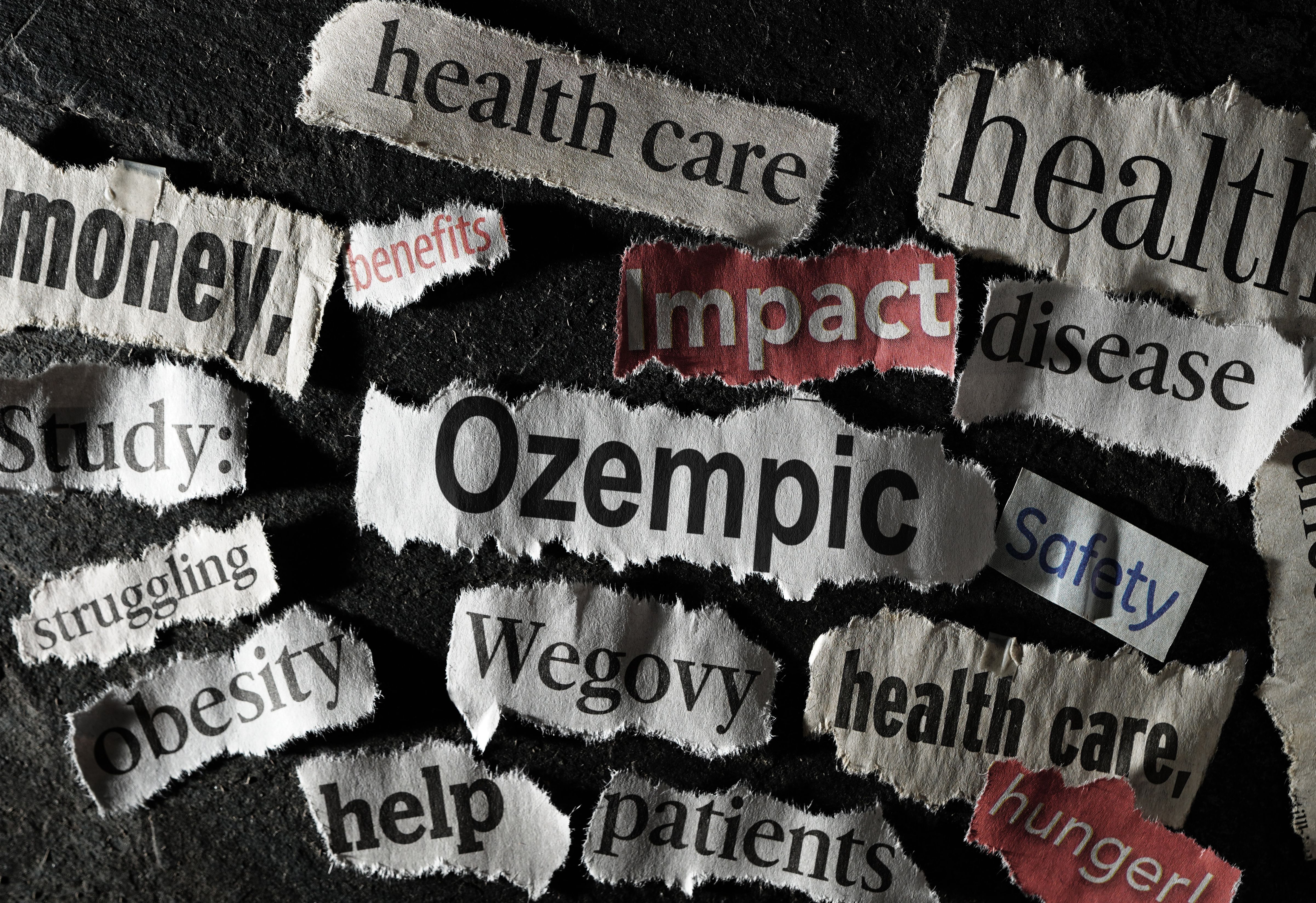Article
Managing Patient Expectations May Improve Treatment of Anxiety, Depression
Author(s):
Study highlights the impact of individual expectations for positive and negative outcomes.
Psychology investigators have found that whether individuals are optimists or pessimists is largely driven by expectations rather than real outcomes, according to research published in Science Advances.
The way that individuals learn from incorrect expectations varies. Although some people may develop an optimistic outlook, others may take a more pessimistic approach to life. In a recent study, researchers analyzed how predictions and expectations can affect individuals’ moods and outlooks in a controlled lab setting.
“Whether we are conscious of it or not, we’re always forming expectations,” said senior author Aaron Heller, PhD, an associate professor in the Department of Psychology at the University of Miami, in a press release. “Whenever our expectations turned out to be wrong, they become a learning signal that we use to form better expectations in the future.”
Previous prediction error studies have used simulated scenarios in a lab setting, but Heller and his team decided to take a more naturalistic approach by analyzing students’ expectations about their exam grades while attending a chemistry course at the University of Miami.
Student participants consented to share their grade for 4 exams taken throughout the semester. After each exam, the students sent Heller and his team the grade they expected to get on that exam. In smaller lab studies examining how individuals learn from expectancy violations, data have shown that people display what is called an “optimistic learning bias,” meaning they tend to learn more from positive than negative surprises.
In their study, Heller found similar results. In general, most students displayed an optimistic learning bias in that they learned more when they did better than expected on an exam, rather than when they received a score lower than what they expected. However, there was another group of students who were more consistently pessimistic throughout the semester.
“When the more optimistic students received a lower score than they anticipated, they changed their expectations appropriately, but did not overcorrect following these disappointments on the next exam,” Heller explained in the press release. “But the students who were more pessimistic tended to predict they would get a lower score on a subsequent exam even if their last grade was slightly higher than what they predicted. This led them to be more inaccurate in what they expected overall, and due to how they learned, predicted whether students would develop symptoms of anxiety later on in life.”
The study findings suggest that individuals’ positive and negative emotions were not only driven by the exam grades they received, but by what they expected to receive.
“Helping people to have more accurate expectations is an important treatment option for things like anxiety and depression,” Heller said.
REFERENCE
How we learn from being wrong can lead to anxiety. News release. University of Miami; January 10, 2023. Accessed January 17, 2023. https://news.miami.edu/as/stories/2023/01/how-we-learn-from-being-wrong-can-lead-to-anxiety.html
Newsletter
Stay informed on drug updates, treatment guidelines, and pharmacy practice trends—subscribe to Pharmacy Times for weekly clinical insights.





